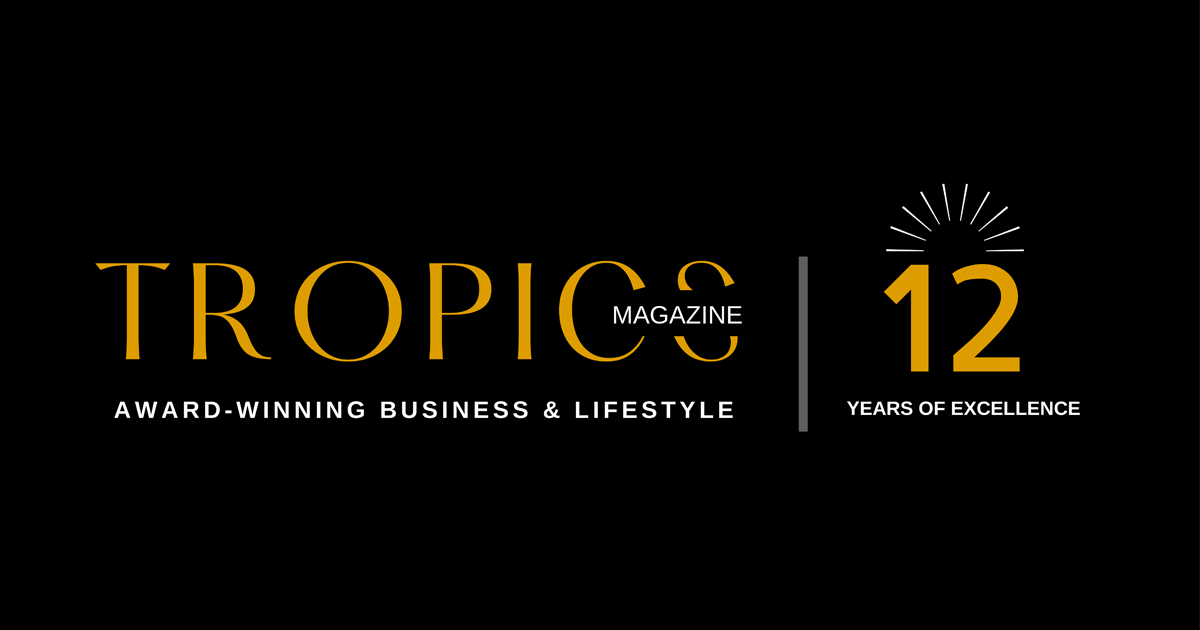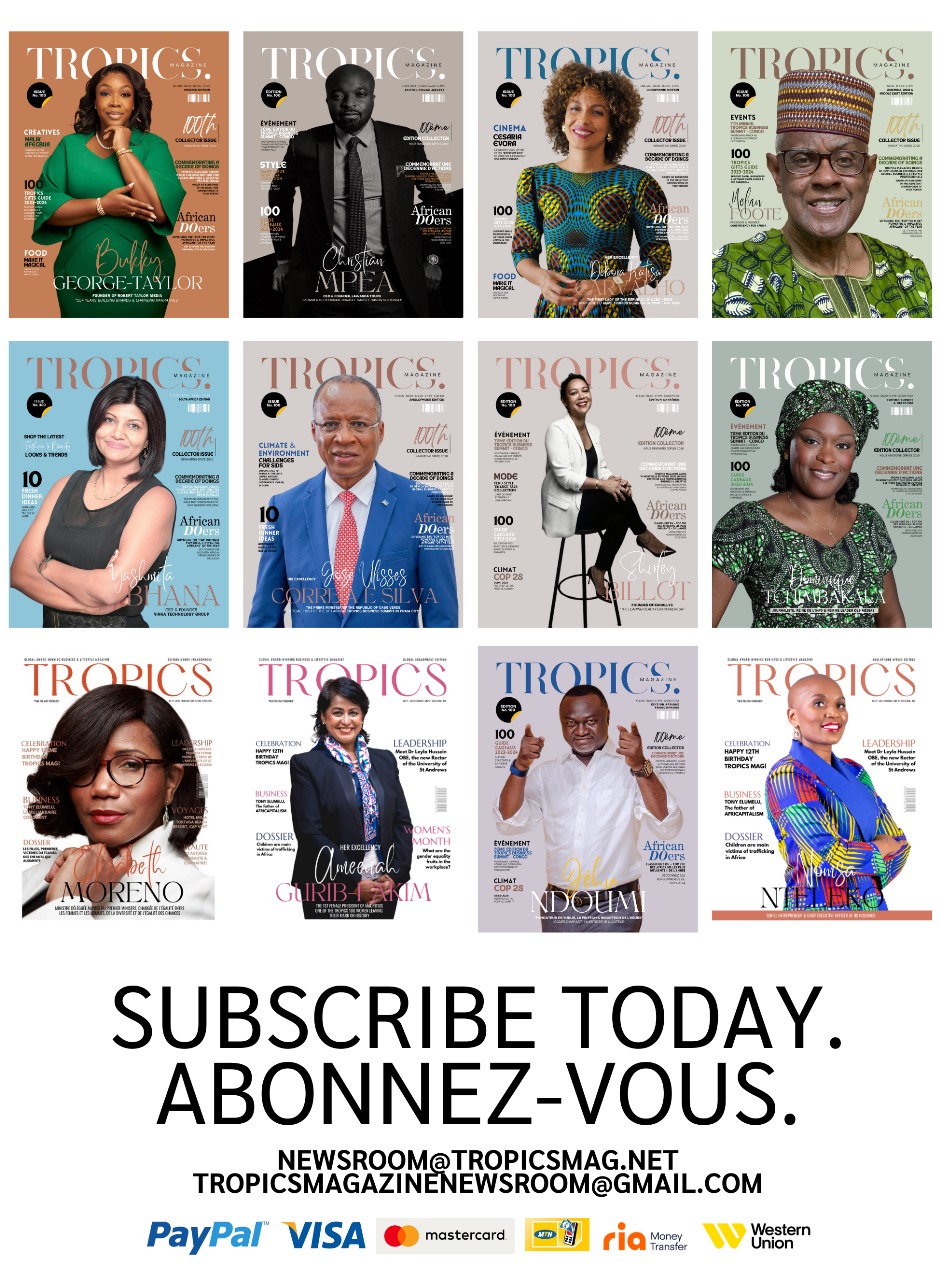Qatar’s mediation efforts between the Democratic Republic of Congo (DRC) and Rwanda have gained momentum with a second round of talks held in Doha. This meeting, which took place last Friday, brought together representatives from both countries separately, along with envoys from the M23 rebel group, reportedly backed by Kigali, according to diplomatic sources. This initiative follows the first face-to-face meeting between Presidents Félix Tshisekedi and Paul Kagame since the M23 resumed its offensive in January, marking a significant diplomatic breakthrough.
However, despite calls for a ceasefire from Congolese and Rwandan leaders, the M23 has rejected the proposal, insisting that only direct negotiations with Kinshasa could lead to a sustainable peace agreement. On the ground, clashes continue as the rebels advance, recently capturing a strategic town in eastern DRC. The fact that Qatari mediators met with M23 representatives in Doha without a Congolese or Rwandan delegation present raises concerns about the effectiveness and limitations of this mediation process.
A High-Stakes Mediation Amid Risks of Regional Escalation
While Qatar strives to act as a neutral facilitator, the situation remains volatile. The DRC, the United Nations, and several Western governments have openly accused Rwanda of supporting the M23 by supplying weapons and troops. Kigali, however, denies any involvement, claiming it is solely defending itself against armed groups operating from Congolese territory, particularly Hutu militias linked to the 1994 Rwandan genocide.
The conflict risks escalating into a broader regional confrontation, involving not only the DRC and Rwanda but also Burundi and Uganda. Uganda, already deployed in eastern Congo to combat Islamist ADF rebels, has been accused by some UN experts of tacitly supporting the M23—an allegation Kampala strongly denies. A recent controversial statement by General Muhoozi Kainerugaba, son of Ugandan President Yoweri Museveni, claiming that Ugandan forces could take control of Kisangani, further inflamed tensions with the Congolese authorities.
In this tense environment, can Qatar’s mediation truly make a difference? If Doha manages to establish a structured dialogue that includes all stakeholders, including the M23, it could lay the groundwork for de-escalation. However, without firm commitments from regional actors and genuine political will from both sides, these efforts risk becoming yet another failed diplomatic attempt in Central Africa’s long history of unresolved conflicts.
Written by Venicia Guinot for the TROPICS MAGAZINE newsroom

